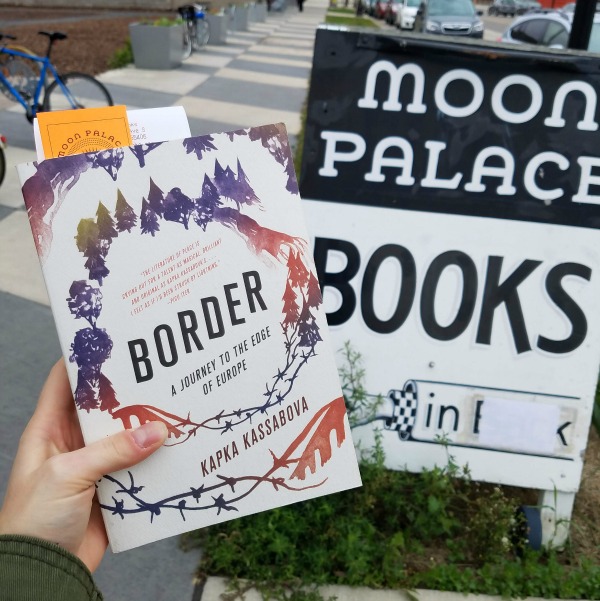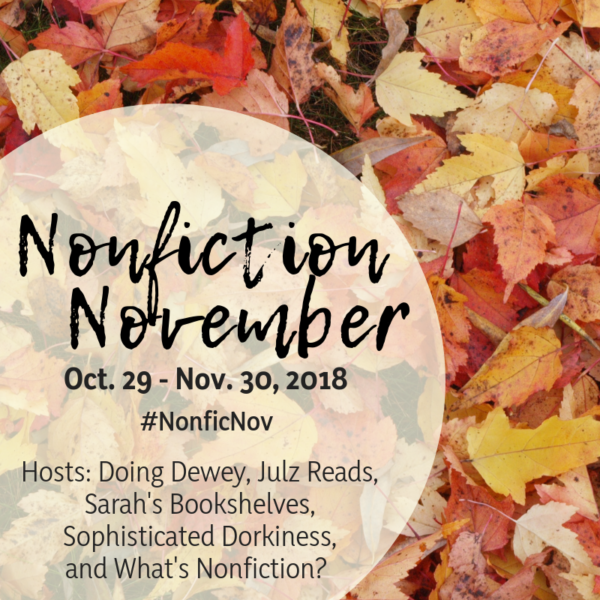
Nonfiction November is off to such a great start! For those who have missed what Nonfiction November is all about, it’s basically just a celebration of nonfiction throughout the book blogosphere. Each week, we’ll have a different prompt and a different host looking at different ideas about reading and loving nonfiction. This week’s host is another one of my favorite bloggers, Julz and JulzReads, hosting a fun prompt:
Week 3: (Nov. 12 to 16) – Be The Expert/Ask the Expert/Become the Expert (Julie @ JulzReads): Three ways to join in this week! You can either share three or more books on a single topic that you have read and can recommend (be the expert), you can put the call out for good nonfiction on a specific topic that you have been dying to read (ask the expert), or you can create your own list of books on a topic that you’d like to read (become the expert).
I love that we’re doing this prompt again for Nonfiction November because it usually results in some interesting, quirky posts. In the past, I think I’ve done a “be the expert” list, since usually I have some odd trend in my reading for the year that make a good list. Other than Obama administration memoirs I don’t feel like I have that this year, so I decided to try one of the other areas of the prompt to get some recommendations from all of you.
When I started hosting a podcast this spring, I quickly realized that one of my nonfiction blind spots is historical nonfiction – the kind of books that you might buy your dad or grandpa as presents, or that might show up on a high school or college history class reading list. I’m much more likely to pick up nonfiction about contemporary issues or memoirs when they show up on reading lists, skimming over most historical nonfiction titles that pop up.
To be honest, most of the time I’m totally ok with this. A lot of “dad nonfiction” covers events that we already know a lot about. I’d rather invest my time in trying to understand people who have, historically, not been given the space to have their stories told – books like Never Caught by Erica Armstrong Dunbar or Hidden Figures by Margot Lee Shetterly. But I also think just accepting this as a blind spot means I’ve missed out on some excellent historical nonfiction that I’d otherwise like.
So, I am looking for your best recommendations of “dad nonfiction” that covers very specific events or periods of time. I don’t want comprehensive biographies (I really can’t do those, and I have tried!) or chunksters that try to cover, say, the entirety of World War II. I want historical nonfiction that relies heavily on a strong narrative to bring people or moments to life in an engaging, page-turning way.
Tell me what you’ve got! And be sure to head over to JulzReads to check out what other bloggers are sharing this week.

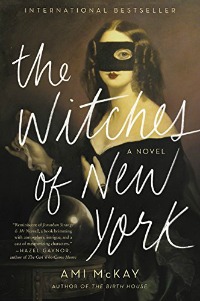 I picked up The Witches of New York after fellow Book Rioter Jenn Northington
I picked up The Witches of New York after fellow Book Rioter Jenn Northington 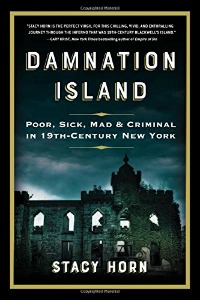 Damnation Island is a history of New York’s Roosevelt Island in the 19th century. Roosevelt Island (at the time called Blackwell’s) was the site of site of “a lunatic asylum, two prisons, an almshouse, and a number of hospitals.” The island was supposed to be a modern, humane place to incarcerate or house the city’s poorest residents. That didn’t work for long, though, as bureaucrats and politicians slowly eroded support for the facilities on the island.
Damnation Island is a history of New York’s Roosevelt Island in the 19th century. Roosevelt Island (at the time called Blackwell’s) was the site of site of “a lunatic asylum, two prisons, an almshouse, and a number of hospitals.” The island was supposed to be a modern, humane place to incarcerate or house the city’s poorest residents. That didn’t work for long, though, as bureaucrats and politicians slowly eroded support for the facilities on the island.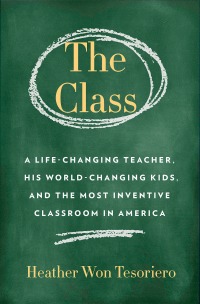 The Class by Heather Won Tesoriero
The Class by Heather Won Tesoriero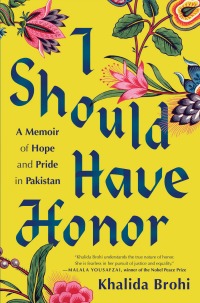 I Should Have Honor by Khalida Brohi
I Should Have Honor by Khalida Brohi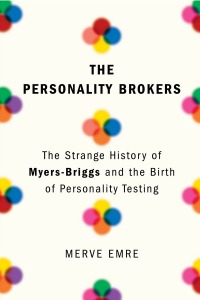 The Personality Brokers by Merve Emre
The Personality Brokers by Merve Emre